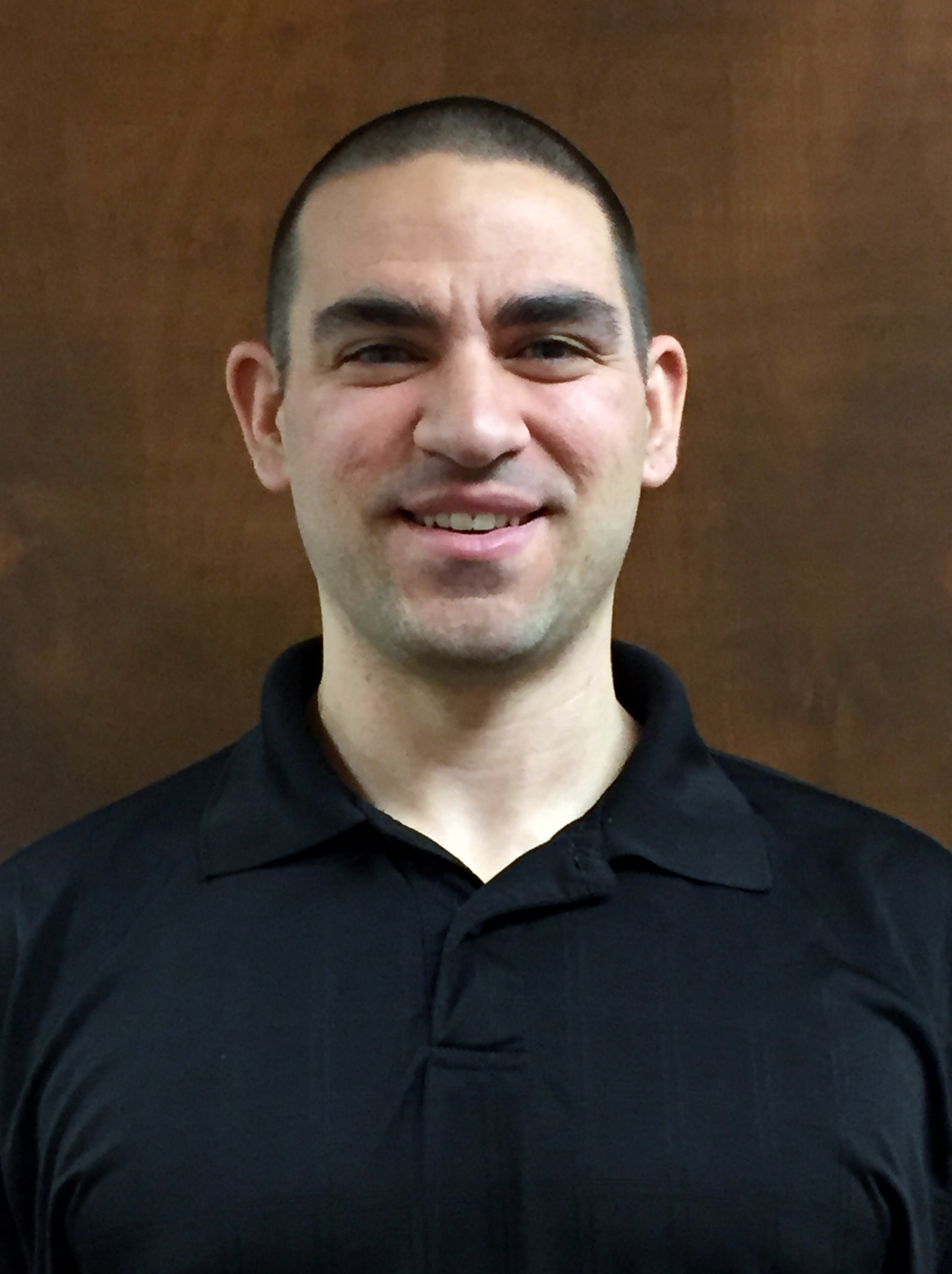Entertainment to Problem Posted On
Anyone who gambles risks struggling with problem gambling. Gambling is meant to be a form of entertainment. However, when people go through different phases of life, or face times of high stress and grief, they may begin to rely on the sense of excitement and the perceived glitz and glam of gambling as a way to deal with their stress or grief. This is when gambling goes from entertainment to problem, and becomes problem gambling.
There are a number of different life phases, and big stressors, that may be experienced throughout life. Some of which include:
- moving;
- starting college;
- getting married;
- having kids;
- changing careers;
- retirement;
- divorce;
- loss of a loved one;
- loss of a career.
Although we may not experience all of these life phases, most of us will experience a majority of them and deal with the stress and grief that come with them. If we don’t have the coping skills necessary to guide us through the stress and grief, we may begin to rely on avoiding these feelings and turn to potentially addictive entertainment like gambling.
How could problem gambling affect you?
Since nearly 68% of adults gamble each year, and 2% of those who gamble struggle with problem gambling, it’s clear that not everybody struggles with problem gambling, but those who do often experience devastating financial and relationship consequences that, many times, hurt the closest people to them and may lead the gambler to thoughts of suicide.
On average, each problem gambler affects ten or more people, including:
- parents;
- spouse;
- children;
- extended family;
- close friends;
- and colleagues.
Therefore, although not everyone may struggle with problem gambling, any of us could potentially be affected by someone who is struggling with a gambling problem, now or in the future.
What can you do?
If someone in your life is struggling, there are things that you can do to help them avoid using gambling as a way to cope:
- Start the conversation with loved ones who are experiencing stress or grief. Ask questions about what they’re doing to cope with thier stress, and who is their for there to help them through these tough times. Although these conversations may seem hard, it’s better to have a understanding of their needs before they begin struggling with problem gambling.
- Pay attention and look for the warning signs of problem gambling. Don’t judge a person by what they’re going through, but assess how they’re coping with the stress or grief before them, and help them to find healthy ways to cope. Problem gambling is known as the hidden addiction because it’s much easier to hide than an addiction to alcohol or other drugs, so these warning signs might not be obvious. Two examples include spending less time with family and friends, and missing work or school.
- Call for help if someone you know is struggling with a gambling problem. The New York State HOPEline is available 24/7, where you’ll be greeted by a friendly, trained clinician who will guide you towards the closest help that you’re comfortable with.


Hello,
I am writing a research paper for a class on states not allocating enough resources to treat a compulsive gambler. Your blog talks about what can happen if gambling begins to take control of your life. As America’s hidden addiction, the article titled “Gambling on the Brain” reports an estimated two million struggle with gambling and another twenty million find it interferes with everyday life [1].
This country generates on average $68 billion each year in industry revenues according to the American Gaming Association [2]. With over a 1,000 casinos nationwide, this entertainment industry entraps the pathological gambler, transforming their world into thievery, embezzlement, secretive activities, and even suicide. Pathological gamblers cost the economy five billion annually according to a Commission directed by President Clinton in 1999 [3]. Eleven states do not allocate funds to help the pathological gambler and others only allot approximately $0.34 for help [4].
As studies have shown, the pathological gambler’s brain works similarly to a substance addict as it searches for that euphoric high. The states need to allocate more funds to help the pathological gambler gain back their life so they can rectify broken relationship and begin to find their place in society. Gambling is a real addiction and needs to be treated as any addict would.
1. Jabr, Ferris. “Gambling on the Brain.” Scientific American, vol. 309, no. 5, Nov.
2013, pp. 28-30. Web. 22 June 2017.
2. “2016 State of the States: The AGA Survey of the Casino Industry.” American
Gaming Association. American Gaming Association, 2016. Web. 25
June 2017.
3. James, Kay Cole, et al. “National Gambling Impact Study Commission: Final
Report, 1999.” United States National Gambling Impact Study
Commission: Government Printing Office, 1999. Web. 25 June 2017.
4. National Council on Problem Gambling. “National Survey of Problem Gambling
Services.” National Council on Problem Gambling. National Council on
Problem Gambling, 2013. Web. 23 June 2017.